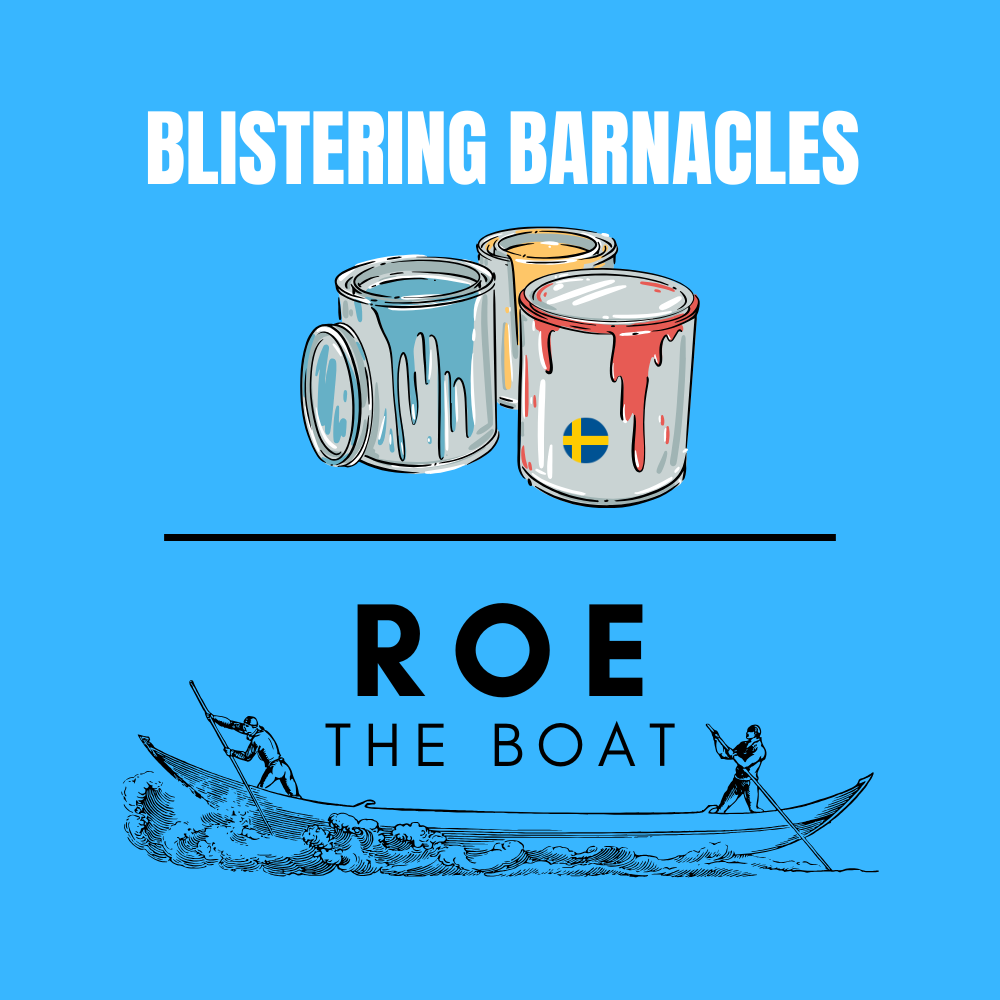A Quality Growing Swedish Microcap
Literally watching paint dry
Dear Readers,
Welcome to another edition of ROE The Boat.
For this issue I want to share with you my research on a Swedish microcap.
(Please note: this article should act as an introduction to the company and is not a complete deep dive. Make sure you do your own research before investing in any company mentioned in this newsletter).




